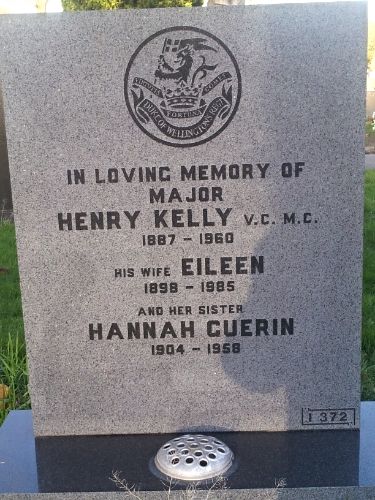Thanks for that but least said about Salfordian Rag Wilson the better. As kids my dad took us on the rounds of family graves in Southern and the Crem plus Moston Cemetery and after the family rounds he would point out the memorials for those two you mention plus another for Lord Symons of Wythenshawe a former Lord Mayor of Manchester with whom my granddad was acquainted through local politics. The Chorlton tour also took in what is now a bar in Beech Road where my dad was born when my grandparents lived 'above the shop'.
Back to Southern that tour also took in a respectful visit to the grave of Sir Matt Busby which in those days was well kept and people would leave United memorabilia there. Years later when I had to take dad on the tour, my eldest son then about 4 or 5 saw the red scarves he started stamping on them, effectively stamping of Sir Matt's grave! He was quickly stopped from doing that but 25 years later he is still enraged by anything red. Not sure where he got that from? Sadly Sir Matt's and I believe Roger Byrne's grave are in a sad state, not a very good advert for United.
On the other side of Southern, the Police Social Club at Hough End used to have regular meetings of the Caminada Association from which I had to drag out dad and my uncle well oiled but difficult to move.
Another book in the Library in the Lav was by Fletcher Moss another great Mancunian but unfortunately his works and name get overlooked as people now google for a junior football club which seems to have unearthed the English Pele. I hope Mangala mangles him on Sunday. The academy centre halves certainly had little trouble with him this season.
I've lived next to southern cemetery for 16 years so pretty much know all the notable burials in there and some of the back stories,
it truly is a fascinating place, I could go on about dozens of people in there (maybe I should start a thread) but I'm going to tell you about one of the
bravest and humblest of men to come out of Manchester.
World War One hero Major Henry Kelly VC, MC & Bar was an English recipient of the Victoria Cross.
Born in Collyhurst in July 1887, he was left the oldest of 10 children after his father died in 1904.
He was educated at St Patrick's School and Xaverian College and started work as a sorting clerk at the Newton Street sorting office.
On 5 September 1914, aged 27, he enlisted into the Queen's Own Cameron Highlanders as a Private.
He transferred to the Manchester Regiment and became a Lance Corporal and just two weeks later a Sergeant Major.
He was awarded his Victoria Cross for actions on October 4 1916 for an act of bravery at Le Sars, France.
His citation reads: "For most conspicuous bravery in an attack. He twice rallied his company under the heaviest fire, and finally led the only three available men into the enemy trench, and there remained bombing until two of them had become casualties and enemy reinforcements had arrived.
"He then carried his Company Sergeant Major, who had been wounded, back to our trenches, a distance of 70 yards, and subsequently three other soldiers.
"He set a fine example of gallantry and endurance."
He was awarded the Belgian Croix de guerre and the French Médaille militaire.
Major Kelly also received the Military Cross for his actions while serving as a captain for the 10th Battalion while fighting in Italy on the Asiago Plateau.
On the night of June 21 he led a company and a half on a successful raid on 'Ave', to the south of Asiago.
His citation reads: "For conspicuous gallantry and devotion to duty at Ave, on the night of the 21/22nd June, 1918, when in charge of a company and a half in a raid. Despite a bright moon, he successfully assembled his party and attacked, killing a large number of the enemy and capturing thirty-one prisoners and two machine-guns. His gallantry and fine leadership were largely responsible for the success of the raid."
He received an award of Bar to the Military Cross four months later during the Battle of Piave on October 1918 for helping his company succeed in taking 'many' machine guns and several hundred prisoners.
Major Kelly left the British army in 1920.
During the Spanish Civil war he joined the International Brigades as a volunteer to fight against the fascists and was awarded the Grand Laurelled Cross of San Fernando.
At the outbreak of the Second World War in 1939, aged 52, he rejoined the British army and served from thence as a Lieutenant in the Cheshire Regiment.
From October 1943 until February 1944 he was placed in charge of the District Claims office of London District, at Curzon Street.
He later resigned his commission and left the army to return to work for the Post Office.
He died on 18 January 1960, in Prestwich.
truly an amazing Mancunian that hardly anyone knows about.


